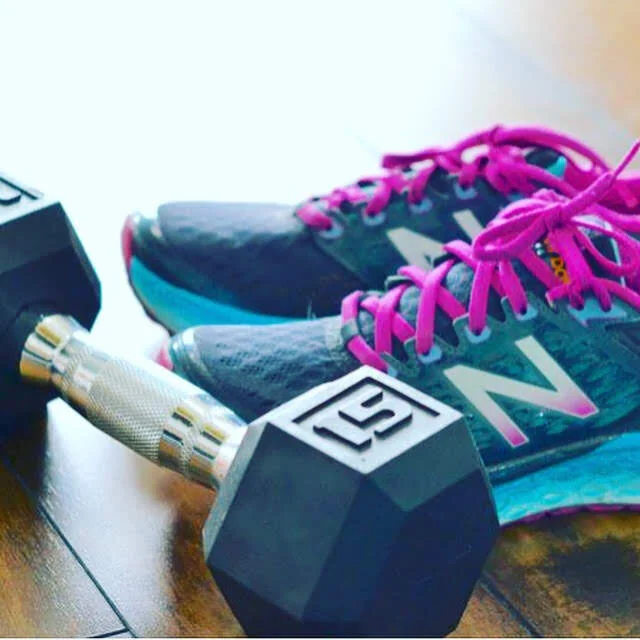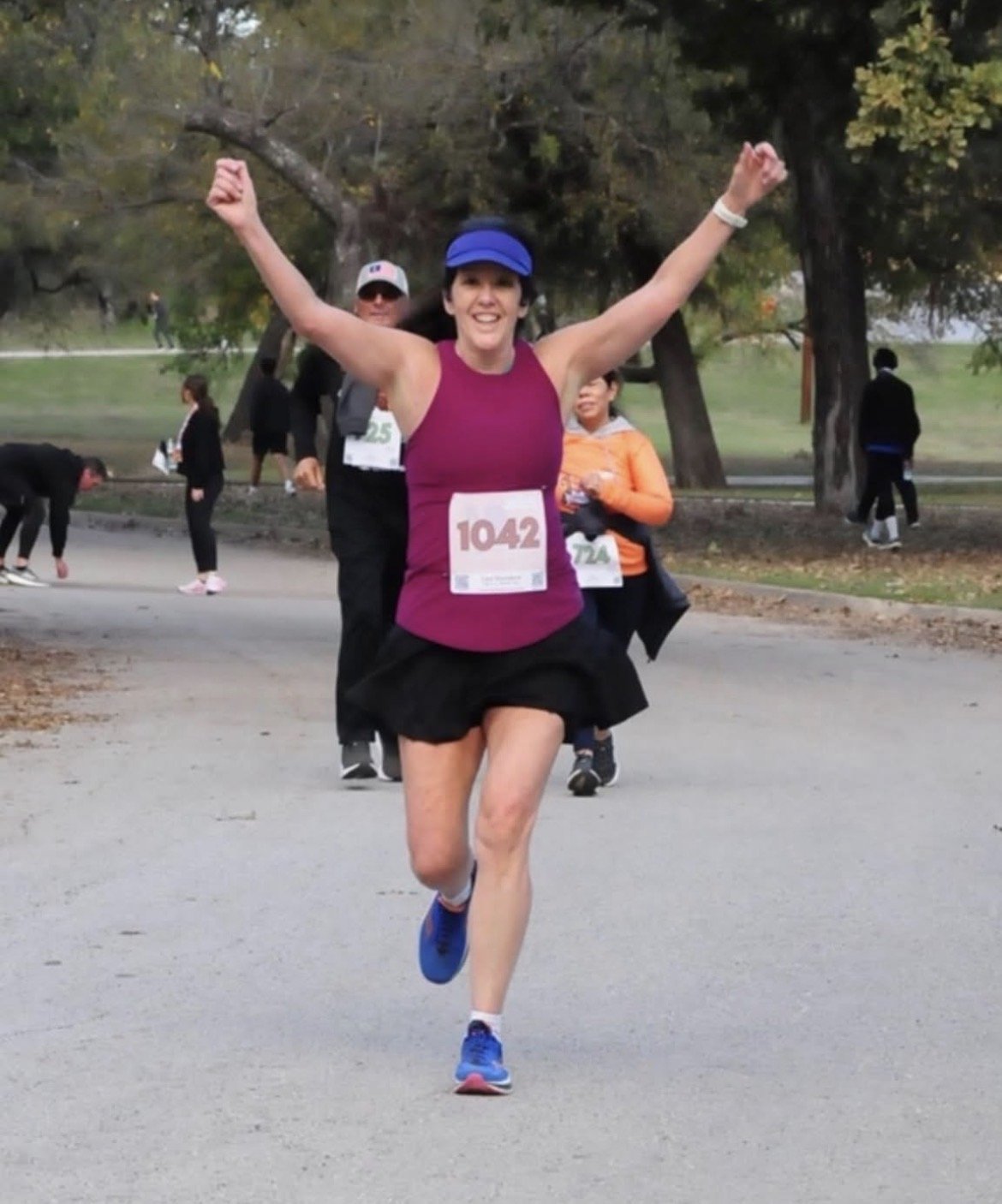We all face many stressors in our lives, don't we? Whether it's the demands of work, the challenges of parenting, the complexities of relationships, the pressures of finances, the worries about health, or the constant barrage of news (in an election year, no less!), stress is a constant presence.
Have you considered how this stress may affect your health and fitness results?
GOOD STRESS AND BAD STRESS
But let's back up. What is stress? There is good stress, stress that makes us better and builds strength (mentally & physically) and resilience. Then there is the bad stress, the underlying stress that is always there, that beats us down, exhausts us, and makes us weaker and more vulnerable to sickness and injury.
If you've ever worked long hours to prepare for a presentation or project or hit the books to study for a challenging exam, you likely have reaped the benefits of good stress. That stress pushed you to work hard and challenge your limits to achieve your goal, and once completed, your stress levels returned to relative normal.
If we didn't have stress, life would be boring (in a bad way). We wouldn't challenge ourselves, we wouldn't get stronger, and we wouldn't overcome the obstacles that improve our lives. Stress, workouts, achievement of goals, and pursuing purpose and passion are part of life. We don't want to imagine a life where we don't have stress; we want to manage that stress (to the best of our abilities) so that we have ups and downs, not neglecting the recovery or downtime needed for a balanced and healthy life.
STRESS AND RECOVERY
Exercise is an example of good stress. You stress your body when lifting heavy weights or pushing your heart rate up during a run or a fitness class. Then, when you allow recovery from that stress with rest or low-intensity movement, sleep, and proper nutrition, your body gets more resilient, stronger, faster, or fitter. Recovery is essential, allowing your body to adapt and grow stronger.
I'll say it again louder for those in the back: Fitness only improves when you recover from workouts. So, like a twelve-year-old with an eyeshadow palette or your Uncle Jim beer-drinking at the backyard barbecue, sometimes, with exercise, especially if your life stress is high, less is more.
Constantly elevated stress becomes a problem when there is no recovery or downtime. We don't train in a bubble, meaning the stresses in your life (if not appropriately managed) can affect your recovery from workouts. If you don't recover from workouts, you will not improve and will open yourself up to a lower immune system, injury, or burnout.
IT’S ALL CONNECTED
If work and life stress are high, pushing yourself hard in the gym six days a week or training for a marathon may not be the best idea because those other life stresses could inhibit your recovery. It's about more than taking one recovery day a week with lower-intensity exercise. Your training, sleep quality and quantity, nutrition, and life stresses are all connected.
Some stresses are out of our control. A newborn baby in the house, caring for young children, or aging parents are the stresses that make life worth living. It can be challenging, but our hearts' love carries us through. We can't do anything about these; we likely wouldn't change a thing, even if we could.
FITNESS: DIAL IT UP OR DOWN
You can't control less desirables either, such as a difficult co-worker at the office, traffic, or politics; the list goes on and on. This is why I like to think of health and fitness on a dial rather than an on/off switch for myself and when I help my clients manage their workout schedules.
Instead of starting and stopping your fitness routine and being mindful of nutrition and healthy habits, what if you turned the dial up and down? You can’t control other people or some of life’s circumstances, but you can choose your actions appropriately.
When life stresses are lower, turn that health and fitness knob way up, pushing your limits and reaching for new goals. However, when life stress is high, turn the knob down (not off), back off the length or intensity of workouts, and allow yourself more grace and understanding for dealing with the other parts of your life, knowing that the situation is temporary, while you prioritize recovery. It doesn’t mean you shouldn’t exercise. Movement is good for stress, but monitor the frequency, length, and intensity of your sessions to ensure proper recovery.
The disaster happens when you have high life stress and pile on a lot of physical stress (like high-intensity exercise or extreme dieting) and mental stress (like macro counting or obsession with numbers). You expect your body to do more while having fewer resources to recover from it all. Stress depletes those resources. I said it once before, but it bears repeating now: If you don't recover, you don't improve. Period.
CONTROL THE CONTROLLABLE
Lack of quality sleep, poor nutrition, extended calorie restriction, obsession with the scale, isolation from the community, and extended exposure to negative social or news media are all examples of stressors that can inhibit exercise recovery and dampen results.
Focus on what you can (likely) control. Sleep improves our recovery and resilience to stress. Can you get more or better quality sleep, even a slight improvement? Proper and adequate nutrition allows us to heal and recover from workouts and stress. Can we improve our protein, colorful vegetable, or fiber intake? Or limit alcohol or highly processed foods? Can we spend more time with loved ones to recharge?
PERCEIVED STRESS
One aspect of stress that is relatively within our control is how we perceive, process, and react to daily stressors. The gossipper at work, the jerk in traffic who took the bike line to cut in front of a long line of cars, the (literal) spilled milk on an already busy morning. Annoying? Yes. But these are the types of events that can zap our energy and stress our nervous system…if we let them. What can we let go? Can we take a deep breath, laugh, and realize in the big scheme of life, these things don’t matter? ‘Relax and Release’ is my mantra in response to those inconvenient and annoying stressors. I’m not perfect, of course, but I try to stay mindful and not let the unimportant steal my joy and energy for things that do matter.
TAKE FIVE
You are not likely to change your whole life with a five-minute practice, but five minutes daily can help reduce stress and potentially improve recovery. Considering this on a continuum rather than all or nothing is important. Putting aside all the things you can't control, what can you do in five minutes daily to help reduce stress? Such as a mindfulness app, meditation, prayer, reading, knitting, drawing, coloring, stretching, journaling, Restorative Yoga, listening to music, walking, deep breathing, singing, or whatever else calms and relaxes you. Can you commit to only five minutes per day?
MAKE A PLAN
Once you decide what you will do, make a plan for when. Before bed? First thing in the morning? Right after you brush your teeth to habit stack? Perhaps whenever you feel stressed, you can tuck away and do your five-minute action.
CONSIDER OBSTACLES
Do you need to set an alarm or a reminder on your calendar? How can you schedule it so that it becomes a daily habit?
What might get in your way? How can you plan around it?
So, stress is not all bad. We need stress to grow and strengthen our bodies and minds. If we can accept the stresses we can't change as temporary, do our best to maximize what we can control, and take the time to recover and recharge purposely, we can get the best results from our exercise and live more balanced and healthy lives.
How To Manage Stress in Healthy Ways
Do your best to control the controllable and let go of the small stressors
Make time for activities that bring you joy
Give yourself the same grace and understanding you give children or loved ones.
Plan ahead as much as possible, but try to be mentally flexible with how things go.
Take scheduled downtime on a regular basis.
Consider a five-minute action daily, such as walks, meditation, breathwork, some of the ideas listed above, or something personal and relaxing for you.
Be mindful of what makes you feel better and what makes you feel worse. Aim to do more or less accordingly, as is feasible.
Stay connected with loved ones, family, friends, pets, and the community.
Did you like this post? Do you know someone who might benefit? It helps me when you share with your friends and followers.
Questions? I’d love to help.
Coach Lea
I am a personal trainer, running coach, and master health coach dedicated to helping you get strong, body and mind!

























I don’t know about you, but I get motivated at the start of the year only to have that energy fade by February. On January 1st, it feels like this will finally be the year everything clicks. Then reality sets in. For many, an ice storm and a week of shoveling snow put out the spark. But what if falling off track isn't a failure? What if it's actually the data you need to start smarter? Let's talk about the dimmer switch method and how to build habits that survive your real, messy life.